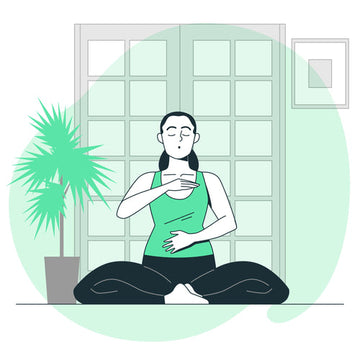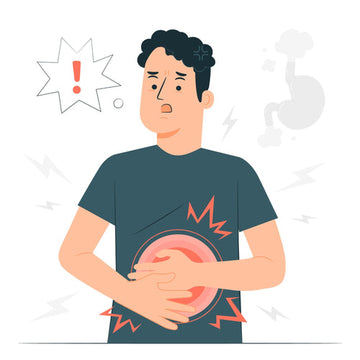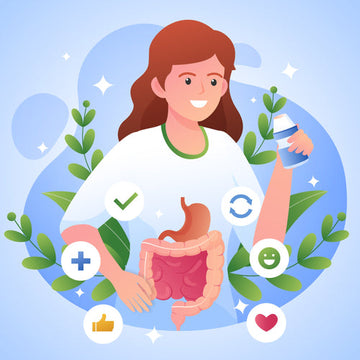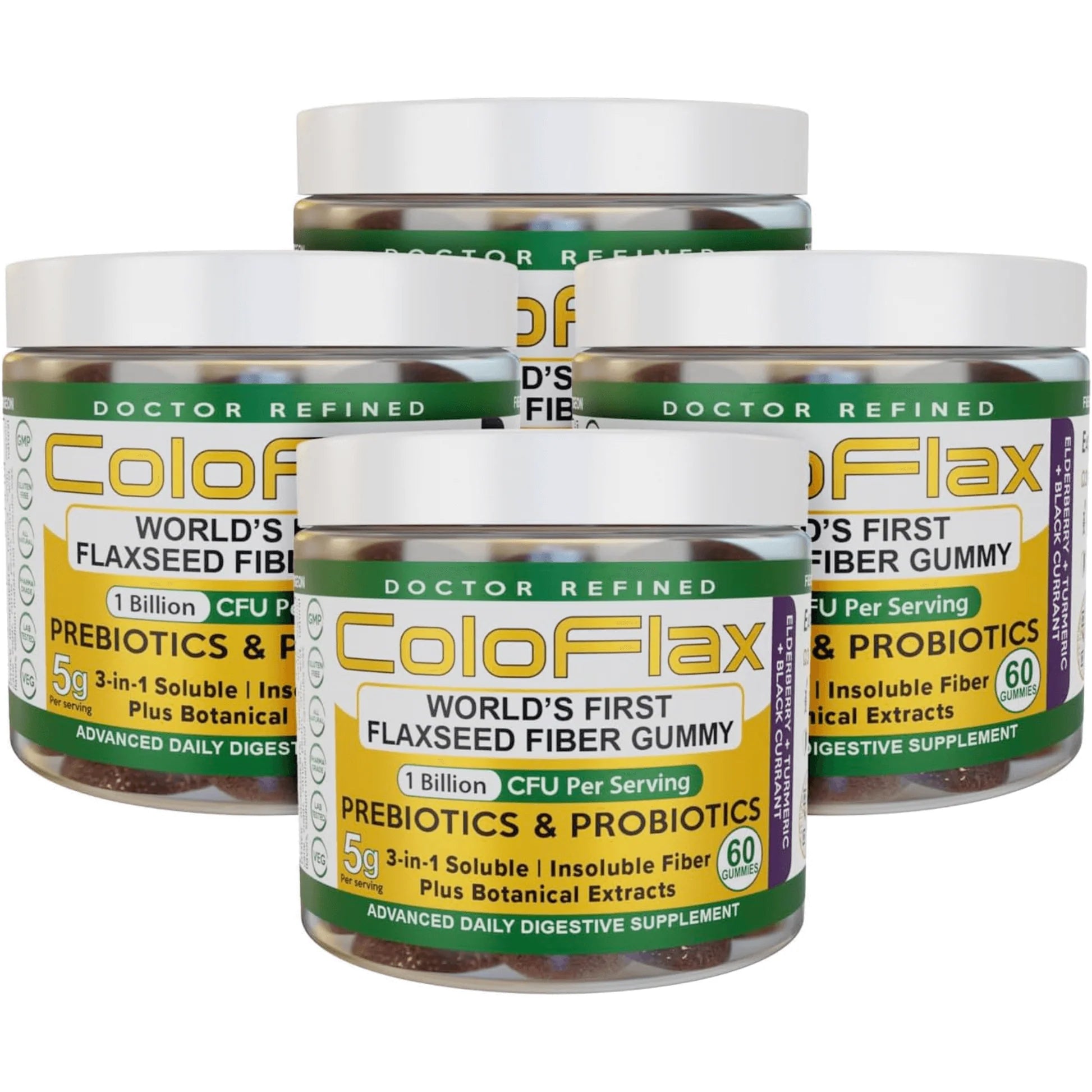What follows is a list of healthy and natural tips for losing weight. Some will be obvious and may even elicit an eye-roll among more experienced dieters. Others will almost certainly be new to you.
So, read on and learn how to lose weight naturally and healthily.
Calories in vs Calories Out
At the most basic level, weight loss is a simple formula of calories in vs calories out.
A good weight loss regime begins by checking your basal metabolic rate (BMR), which tells you how many calories your body burns at rest.
If your BMR is 1650 calories and you eat exactly 1650 calories, you should still lose weight, as you’ll likely burn a couple of hundred calories going about your usual daily activities. If you want to eat more without gaining weight, you can exercise more.
Simple.
Sure, there are some exceptions, but not as many as you’d think.
The notion of a “slow metabolism” is largely a myth. People do burn calories at different rates, but most of those differences are down to activity. If you’re a fidgety person, for instance, you’ll likely burn more calories than someone who is able to relax, as it means you’re never truly “at rest”.
Muscle mass/body composition and genetics play a role as well, but they are probably not the reason your diet is failing.
Most people grossly underestimate their calorie consumption. They forget about drinks, snacks, and condiments. They occasionally overlook entire meals. And even when they adopt a very meticulous approach, they are still prone to underestimating just how many calories a meal contains.
For instance, if you forget about the cereal bar you grabbed in a hurry, the handful of chips you took from a friend, and the coffee (with cream and sugar) you gulped down after lunch, you could be overlooking 300 calories.
Do that every day and your planned deficit could actually lead to steady weight gain.
It helps to track calories, but make sure you are tracking every single thing you eat and drink. Be honest and be realistic—the only person you’re cheating is yourself.
Eat More Protein and Fiber
The balance of macronutrients you consume can have a big impact on your weight loss goals.
You’ve probably heard of the keto diet, for instance. It’s a diet that emphasizes high-fat and low-carb consumption to trigger a state known as “ketosis”. In this state, the body essentially begins to burn fat for energy.(1)
It works, but it’s not suitable for everyone. Studies suggest that keto diets can double your risk of cardiovascular problems, and there are also other side effects to deal with, including low energy and malaise, something often referred to as the “keto flu”.
A safer and easier option is to eat more protein. The results won’t be as pronounced, but every little helps.
Protein is helpful in several ways.
Firstly, it is very satiating, which means it triggers feelings of fullness and could keep cravings at bay.
Secondly, your body burns more protein calories than fat/carb calories via something known as the thermic effect of food.(2)
Essentially, your body uses calories to metabolize food, and the amount it uses varies depending on the macronutrient. Fat consumes the least (0-5%), then carbs (5-15%), and then protein (20-30%).
Of course, you can’t eat only protein and you need a balanced diet, but the American diet is rich in simple carbs and fats, so if you switch a few hundred calories of fat/carbs for protein, it could make a big difference.
Fiber is also helpful.
As with protein, fiber fills you up by slowing the transit of food through the digestive tract. The more fiber you eat, the less likely you are to snack between meals.
Drink More Water
There are some misconceptions about the role that water plays in weight loss. There are some blogs and videos out there that claim drinking lots of water will somehow “melt” the fat away, as if it’s magically diluting all those troublesome fat cells.
It’s not quite that miraculous, but it does play an important part in the weight loss process.
Staying hydrated will help your body to perform as it should. It will aid the transit of waste through your digestive system, reducing the risk of constipation. Just as importantly, it can make you feel fuller.
Our brains often confuse thirst for hunger. You could end up consuming extra calories when you just need a glass of water. Staying hydrated will also prevent fatigue, and the less lethargic you feel, the more likely you are to move around and burn calories.
Reduce Your Alcohol Consumption
Alcohol is the enemy of weight loss.
A single bottle of beer contains around 160 calories, and if you have four of them on a Friday night at the end of a long week, it’s the equivalent of a Big Mac in calories. Even drinking just 2 bottles a night will give you 2,100 extra calories over the course of the week.
Think about all the exercise you have to do or the calories you have to cut to make up for that!
Light beers are better, but the calories are in the alcohol, so a light beer is just a beer with a lower alcohol content. If you’re drinking to get tipsy/drunk, you’ll end up consuming the same amount of calories.
Diets tend to go out of the window when you’re drunk. That 2,000-calorie pizza or kebab you’ve been avoiding all week begins to look like the perfect idea when you’re drunk.
And then you have the hangover to deal with.
You’re dehydrated, lethargic, and probably a little regretful, so you indulge in high-fat, high-sugar foods to make yourself feel better.
There’s no harm in having a little drink every now and then, but avoid drinking to excess and refrain from frequent drinking (a couple of bottles after work, a couple of glasses of wine with an evening meal), as the calories can creep up on you.
Exercise (even if it’s just a little)
Exercise plays a big role in the calories in vs calories out formula. And just like that debate, it’s something that’s often misunderstood.
Every January, there is a surge in gym subscriptions as people seek to lose weight and improve their health. They get the subscription, buy the workout gear, and then give up the first time they experience DOMs or the moment their life gets in the way.
But that’s because they are trying to do too much too soon.
You don’t need to go for a morning jog followed by an evening lifting weights. You don’t need to spend an hour on the treadmill.
Every little helps.
If you’re unfit and overweight, start by getting off the sofa more often. Need something upstairs? Don’t just shout for your kids/partner to get it for you—climb those stairs and get it yourself! Need something from the store or a friend’s house? Don’t take the car if it’s a short journey—walk or cycle instead.
A 5-minute walk is better than nothing, and once you get into the swing of things, you can start increasing the frequency and intensity.
If you’re struggling to stay motivated when you do step things up, focus on the things you actually like doing. There’s no point hitting the treadmill every day if you hate running and don’t like being indoors. Instead, do a few laps in the pool, go on a hike, or call a few friends and arrange a game of tennis, basketball, or tag football.
It won’t feel like exercise if you have fun while doing it.
Read the Labels
Don’t assume that you know how many calories a certain food contains—read the label to make sure. This is especially true if you’re looking for low-calorie, low-sugar, or low-fat foods.
Oftentimes, foods that are made to be low in sugar will compensate with fat. It adds a thicker, creamier taste and gives the “mouth feel” that helps consumers to overlook the lack of sweetness.
On the flip side, low-fat foods are often loaded with sugar.
Pay special attention to the serving size. You might think that a single bottle or packet is a single serving, but that’s not always the case.
Don’t Buy Junk Food
It doesn’t matter how many times you convince yourself that you won’t eat those cookies or binge on those chips—in your weakest moment, you’ll go straight for them.
Maybe you’ll convince yourself that you deserve a cheat meal. Maybe you’ll decide to skip your diet entirely and start again tomorrow. Maybe you’ve just had a really hard day and feel like you deserve a day of binging.
You will find an excuse to reach for that junk food, so it’s best not to keep it in the house. This can be tricky if you have kids, family members, or roommates, but if that’s the case then just let them buy their own junk food and ask them to keep it away from you.
You should also think about what you’ll eat when you’re struggling at work/school or have been shopping all day. These are the times when you’re most likely to raise the white flag and head for the nearest fast food restaurant.
Put protein bars, dried fruit, and other healthy snacks in your bag and car. Make sure they are on hand when you need them. And if you’re going to be spending a lot of time out of the house, prepare yourself a healthy meal to avoid those fast food binges.
Natural Ways to Lose Weight
Getting more fiber in your diet is easy with ColoFlax, a flaxseed fiber gummy that contains 5 grams of insoluble and soluble fiber, along with prebiotics, probiotics, and healthy fats. It’s a delicious way to support your digestive system.
We also recommend checking out some of our other blogs to learn more about healthy eating and natural weight loss solutions.
For instance, this guide looks at the benefits of eating a vegan diet and asks whether it’s right for you; this one highlights the healthiest vegetables, including ones that will give you a hearty dose of both fiber and protein.






